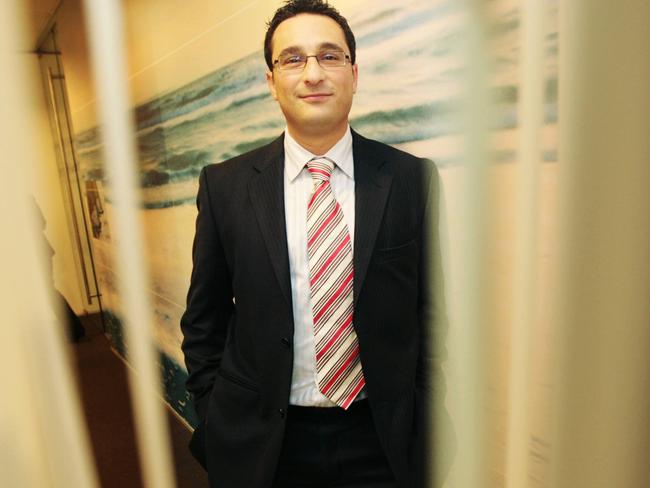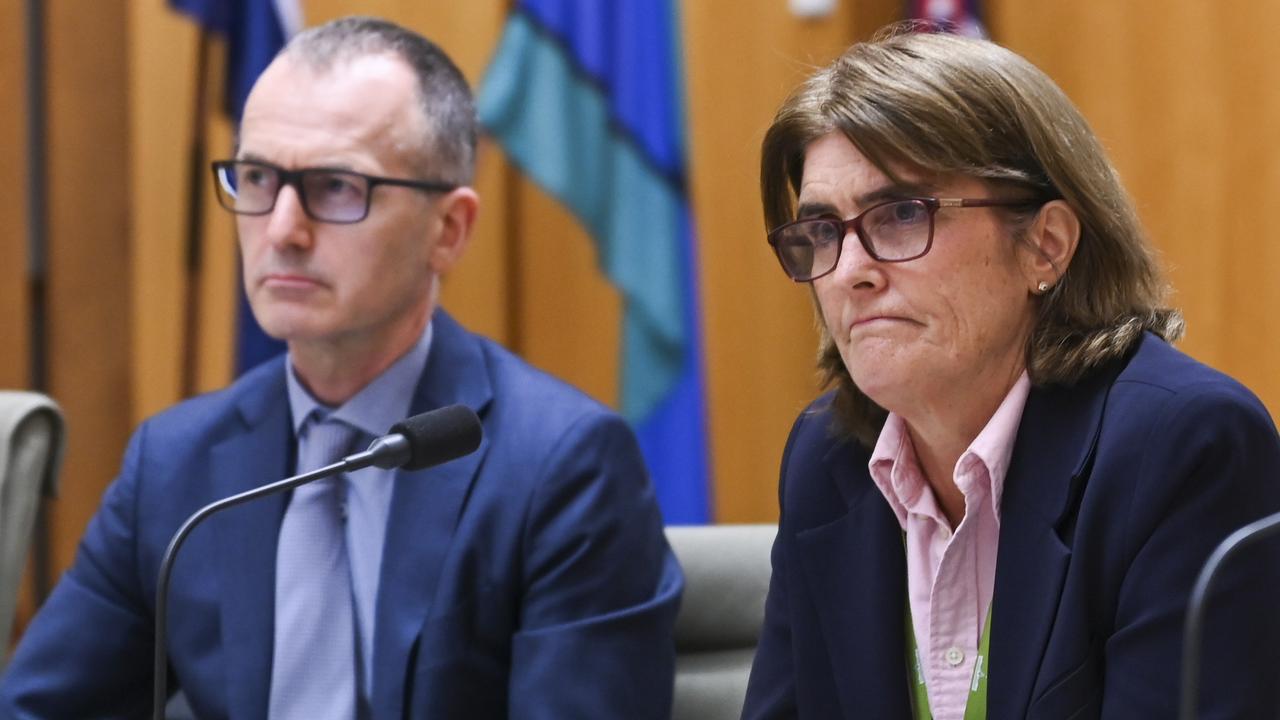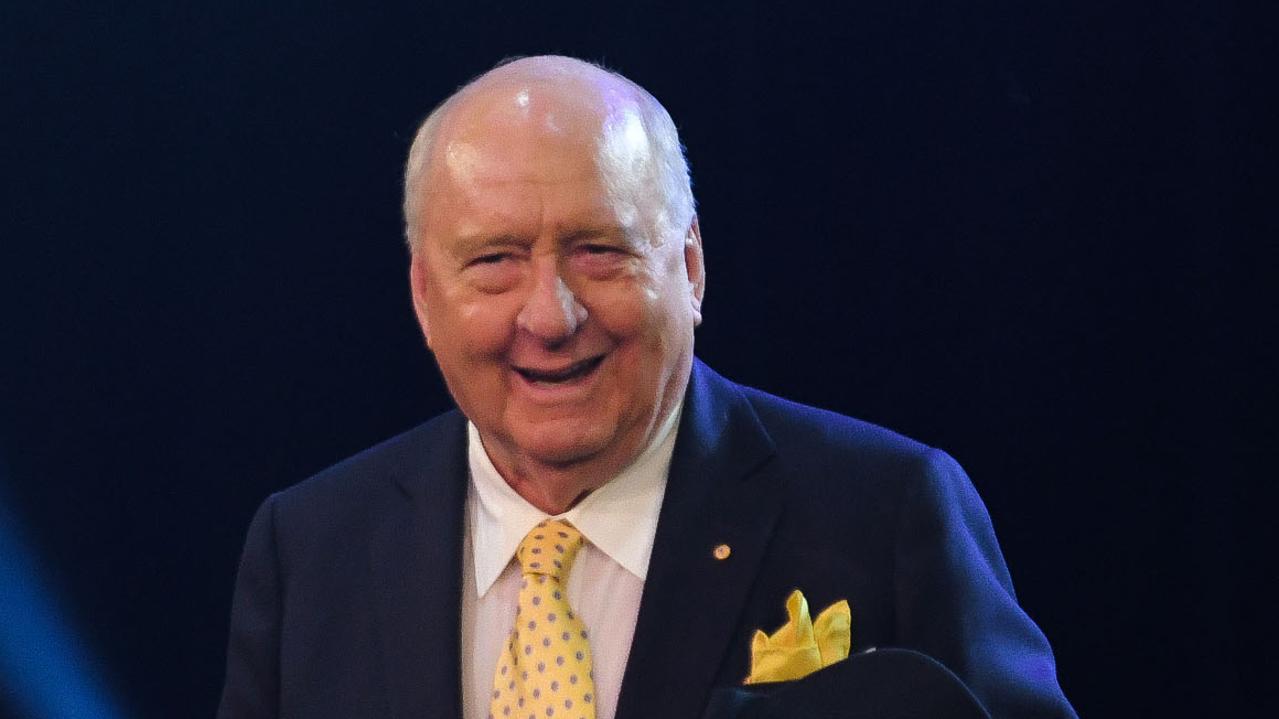How to avoid financial regrets
REGRETS, we have a few, and many of them are about money. But the good news is that preventing these “what if” feelings later in life is easier than you think.
MONEY causes more regrets than most other things, but the good news is that preventing these “what if” feelings later in life is easier than you might think.
Research released today by the Financial Planning Association shows that almost half of Australians regret that they did not save more money earlier, more than one-third wish they had spent less, and 27 per cent regret they did not invest more.
The FPA’s Dare to Dream report says financial goals are Australians’ most popular life goals and 82 per cent believe they can create the life they want. However, almost two-thirds don’t plan how they will reach their goals.
FPA CEO Dante De Gori says financial regret appears to be a national sentiment, and money remains a taboo subject for many.
“It’s front of mind of our thoughts, but 63 per cent of us are taking no action,” he says.
Ignoring a potential money problem — even if it is decades away — won’t make it disappear, and longer lifespans mean people can no longer expect an inheritance in their middle age.
De Gori says preventing regret starts with getting yourself out of the denial stage.

“The first step is always the hardest,” he says. That may be ringing your superannuation fund, talking with family and friends or seeking professional advice.
“I think the step before getting advice is sitting down and understanding where your finances are,” De Gori says.
And don’t be afraid to share your plans with others. “Tell people about what your goals and dreams are — then you are accountable to someone to make them happen.”
Social research group McCrindle conducted the research for the FPA and found that Australians’ biggest fear was not having enough money to retire.
The earlier you start saving, whether through super or other investments, the wealthier you will become.
McCrindle research director Eliane Miles says a big issue today is people’s short-term focus.
“Most people say ‘it’s not that I can’t daydream and think about the future, it’s just that I’m so busy thinking about the present’,” she says.
Don’t allow that “next wave of busy-ness to take hold” before you act, she says.
Miles says a quarter of Australians never talk to anyone about their finances, not even their trusted partner.
“Take a step to begin a conversation about money. It’s not as daunting as people might think,” she says.



